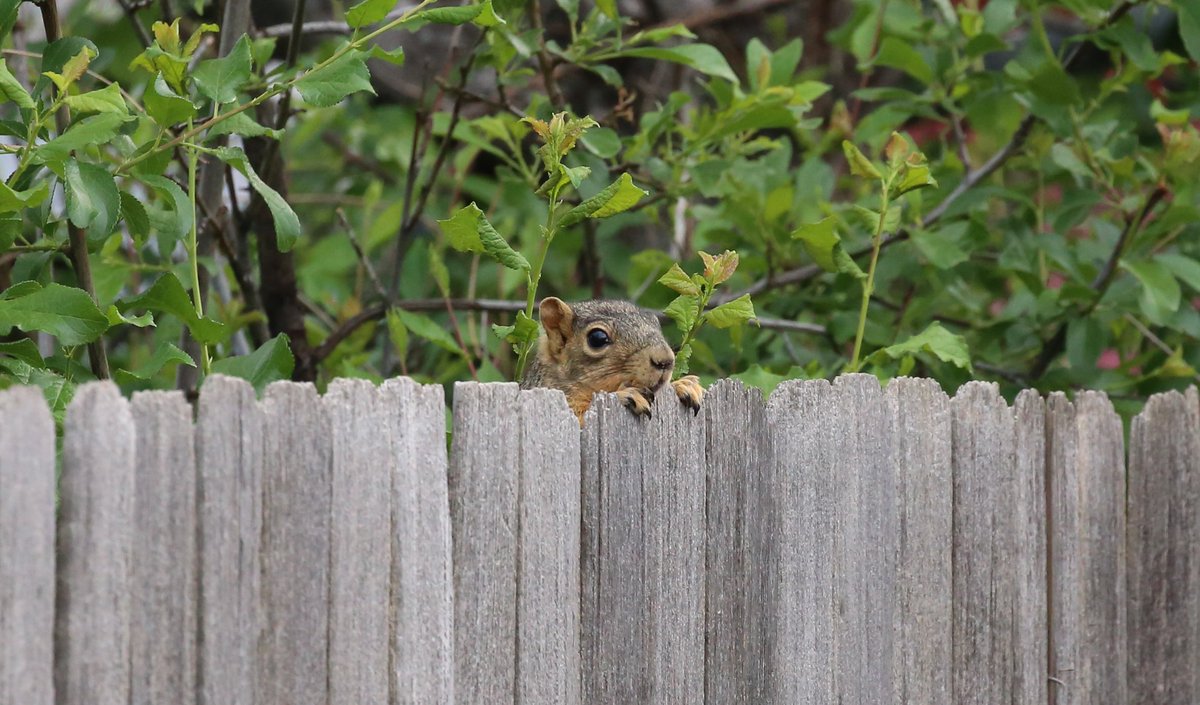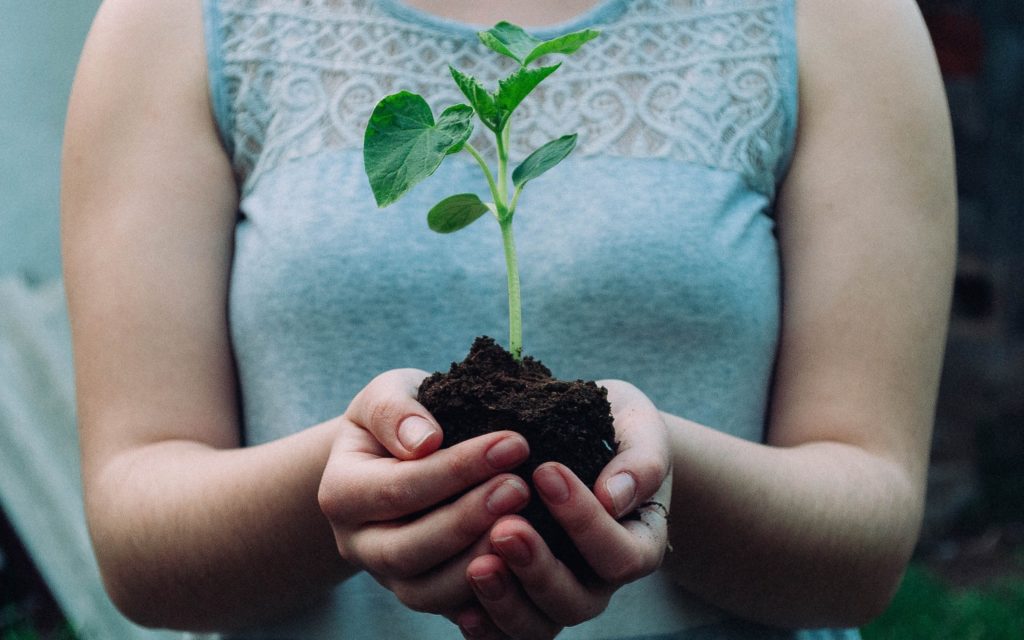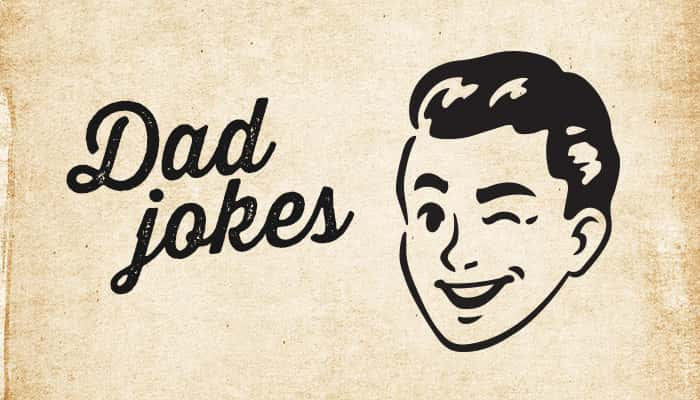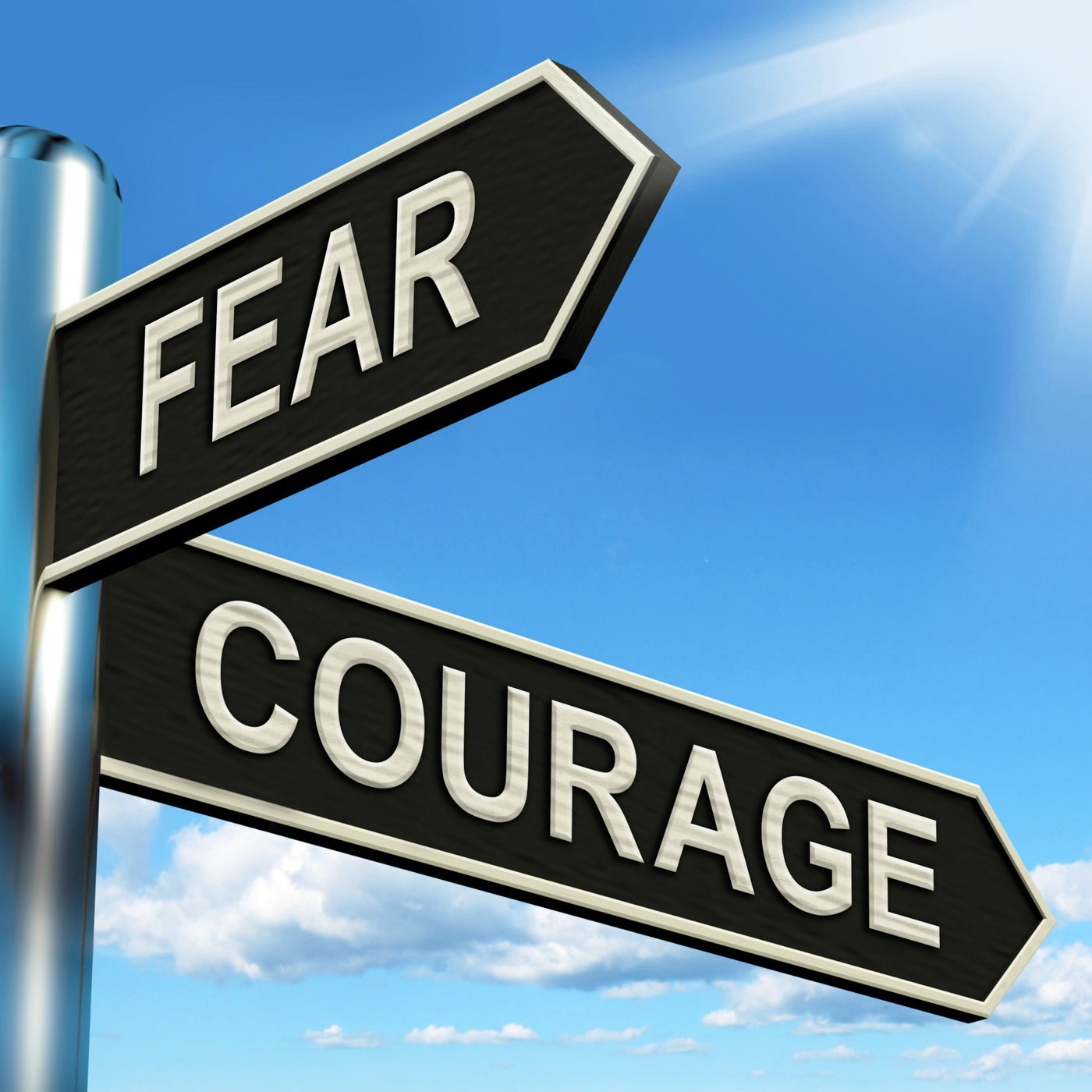Dating can be fun, but if you’re in the game right now — and looking at it from the perspective I did — then you may be thinking that there’s something wrong with you if no one has “worked out” yet. Every passerby feels like they’re just confirmations that you’re unworthy of a special kind of love and will likely spend the rest of your life single. You may have accepted it, but I have a fun analogy that I think might put this into a nicer perspective, and put you into a higher spirit…
I like to think of ourselves in love and relationships like a garden. Maybe you’ve heard this before, but let’s dissect it a bit more.
We’re the gardeners, right? So we’re meant to tend to our peonies, orchids, and roses, and every other gorgeous flower that represents our highest selves (like, for example, our self-compassion, self-kindness, and self-trust), and to pull the weeds (of low self-esteem, self-doubt, shame, and toxicities of any kind).
You may have a picket fence protecting your garden, and you may not, so sometimes people can look (while you’re making it known they can’t touch), or you may only open the gates of the fence slowly and carefully. In any case, whenever you’re ready to show off this garden to the world and welcome some visitors (AKA: start dating), then as the sole protector of this garden, you have to be aware of what those visitors are doing, if they’re helping you water, or if they’re killing your soil.
Some visitors, you’ll find, meander around just to check out all the plants before deciding to walk out (oftentimes unannounced), or they might want to help you tend to your garden. Here’s where you have to be careful: I’d [optimistically] say that most of those visitors either
A) don’t always realize if they’re watering your precious flowers or if they’re watering the dreaded weeds, or
B) they only know how to water the weeds of their own garden so that’s how they’re watering yours…
In other words, I don’t think every visitor is out to completely rip your garden to shreds. But each one that came and didn’t fit in quite right probably showed you an area of your garden that needed more TLC; maybe they pointed out that the weeds you had growing were already out of control and needed tending to that they didn’t want to help with; Or they taught you that you needed to pay more attention and be more careful about who you let into your garden and who you give a watering can to in the first place.
But even after all the visitors that walked out with a lack of interest, or who watered the weeds and dried out the flowers, or those whose gardens you admired from afar while wishing they’d just notice yours, you have to believe that there will be someone who will see, and love, and help you nurture your garden healthily and joyfully. Together, you’ll find a way to combine efforts and make one huge picturesque, botanical beauty.
Through your experience with faithless visitors — you know, the ones came and went — I promise your intuition will simply know the helpful, the genuine, and the right visitor when they come. They’ll likely peak their head over the fence (if you have one) and ask with a big smile, “Hi, can I come in?”
They’ll walk forward humbly, slowly, but confidently. They’ll look over your flowers with a careful eye and will ask how they can be part of the process to help. They’ll be interested in how you’ve grown your garden, they’ll be gentle, respectful, and they’ll even volunteer to help you pull the dreaded weeds that everyone else before them had a problem with.
They’ll be diligent and adamant that they pull them by the root so those weeds don’t have a space to grow again. AND THEN they’ll replant new flowers that you didn’t know existed. Those will grow into breath-taking lotuses (and if you didn’t know about the lotus flower, it grows in muddy, murky conditions, yet when it blooms it’s unstained).
So that’s not to say this special visitor won’t make mistakes; it’s not to say that they won’t accidentally slip up from time to time, forgetting to help you water certain areas of your garden (they’ll also be tending to their own garden, don’t forget!), but they’ll go the extra mile to fix their mistakes. They’ll bring their unique skill set — that is, their patience, their empathy, their listening ear, their ability to communicate, and their love — and the “deadline” to when they stop won’t exist.
Because that’s what happens when people aren’t playing ding-dong-ditch at your garden entrance; that’s what happens when caring gardeners want to join forces with other thoughtful gardeners who plant and pull weeds intelligently, but who also have ideas that could benefit their craft.
All of this is to say, KEEP WATERING, NURTURING, AND COMPASSIONATELY TENDING TO YOUR GARDEN. Work on maintaining the nutritious seeds of patience, genuine kindness, and self-confidence into the foundation of your soil. Weeds may grow, but they won’t distract the right visitor, at least not early on. If they do, that visitor will have the heart to make sure those weeds disappear (they won’t poke and prod, water, and forget to pull them).
Remain hyper-vigilant of your garden. If anyone, and I mean anyone, brings on a sense that they’re questionable, then they are! Don’t take that lightly; your intuition is too powerful to not trust it.
As a final note, remember that not all visitors are meant to stay — that includes the quick passerby’s and the super helpful ones who we thought and wanted to stay. Just because one really great visitor leaves doesn’t mean that your garden will die; don’t let that happen. We will always, always be able to keep supporting the flowers they planted even when they’re gone.
As for anyone else, keep a close eye over how they treat your garden. Open the gate for those who want out, and kindly guide the confused ones to the exit. The more space you have for the right visitor, the better! And once they peek their head over your fence, or at least keep showing up to the entrance until you invite them in, they will do whatever it takes to stay.
XOXO,
Sab












/Illo_BorderlinePersonalityDisorder-5a5fab69c7822d0037bb292c.png)


/posters-cartoon-sun-cloud-with-rain-and-rainbow-set-isolated-children.jpg.jpg)










